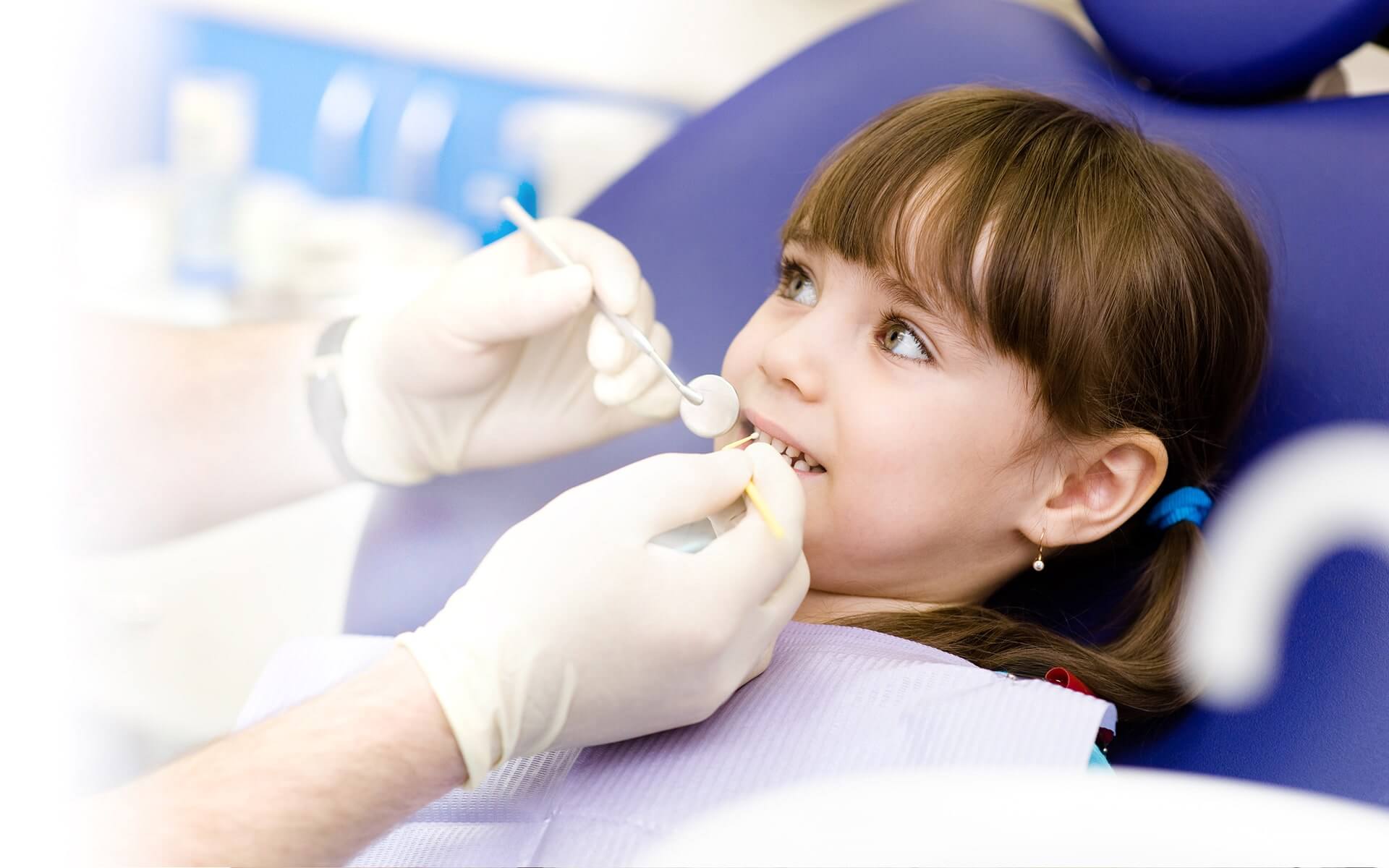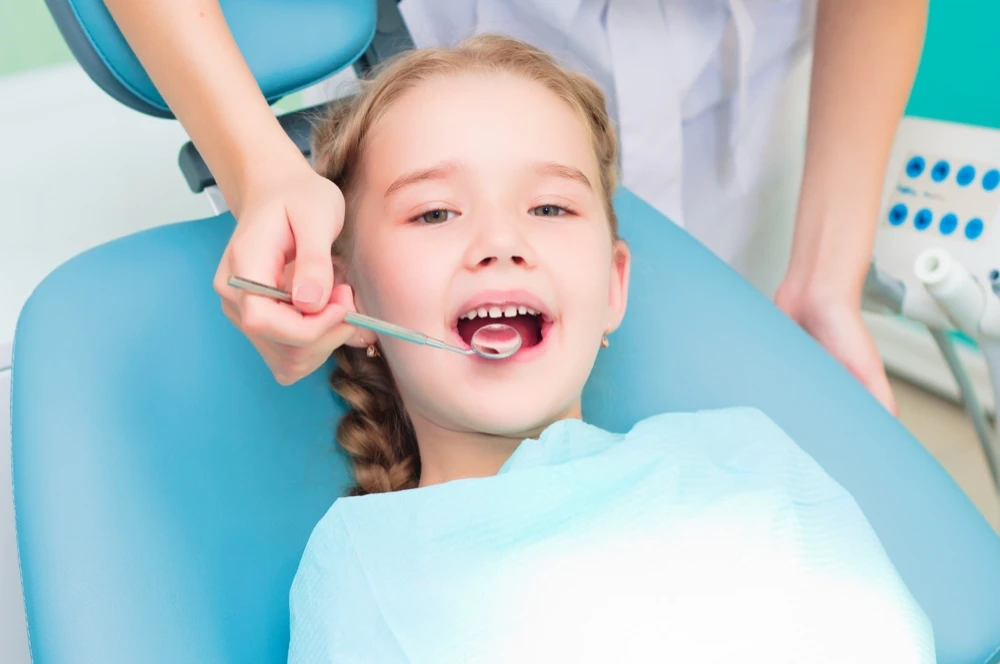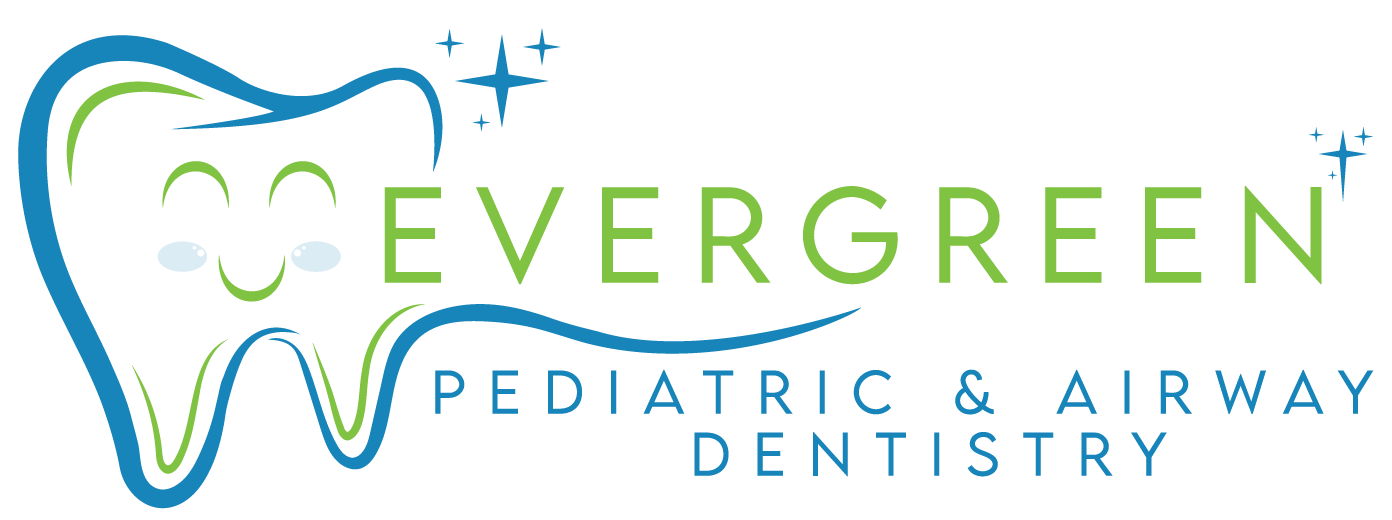Building Healthy Habits: Pediatric Dentists Helping Kids Thrive in Your Area
In a world that’s steadily increasing its focus on health and well-being, the role of pediatric dentists in shaping the future of our children’s oral health cannot be overlooked. It’s about more than just avoiding cavities; it’s about instilling a foundation of dental hygiene habits that can last a lifetime. Building Healthy Habits: Pediatric Dentists Helping Kids Thrive in Your Area aims to shine a spotlight on the crucial work of these dental health professionals. By fostering positive relationships with dental care from a young age, pediatric dentists play a pivotal role in ensuring our kids grow up with not just healthier smiles, but also a healthier outlook on life. Join us as we explore the ways in which these dedicated practitioners are making a real difference in communities just like yours.
The Importance of Pediatric Dental Care
Pediatric dental care is a critical aspect of children’s overall health, serving as the first line of defense against a myriad of potential oral health issues. From the early detection of cavities to the correction of bite and alignment problems, pediatric dentists are instrumental in preventing minor issues from evolving into more complex conditions. Regular dental check-ups from a young age not only help prevent dental diseases but also educate children and their families about the importance of maintaining good oral hygiene practices. This early intervention plays a significant role in fostering a positive attitude towards dental care, reducing dental anxiety, and ensuring that children grow into adults with healthy dental habits.

Pediatric Dental Service
Creating a Positive Dental Experience
Pediatric dentists play an important role in creating a positive and welcoming environment for children. They understand that dental visits can be intimidating for kids, and as such, they go to great lengths to make the experience as comfortable and stress-free as possible. From their offices’ fun and inviting decor to using child-friendly terminology when explaining procedures, pediatric dentists know how to make a visit to the dentist’s office less daunting for young patients. By creating a positive dental experience at an early age, pediatric dentists are setting children up for a lifetime of positive associations with oral health care.
Educating and Empowering Parents
Children dentists not only work directly with children but also play a crucial role in educating and empowering parents to take an active role in their child’s dental health. They provide valuable guidance on proper brushing and flossing techniques, as well as advice on healthy eating habits that promote strong teeth and gums. By involving parents in their child’s dental care, pediatric dentists ensure a team approach to maintaining good oral health.
The First Visit: Setting the Stage for Success
The initial visit to a pediatric dentist is more than just a dental check-up; it’s a critical opportunity to lay the foundation for positive dental experiences in the years to come. This first encounter is designed to acquaint your child with the dental office environment in a non-threatening and friendly way, ensuring they feel comfortable and safe. Pediatric dentists and their staff are skilled in creating a welcoming atmosphere, often incorporating playful elements and engaging activities to ease young patients into the experience.
Prior to this pivotal visit, parents can play a significant role in preparing their child for a positive dental care experience. Start by discussing the importance of healthy teeth and gums, and explain that the dentist is a friend who helps keep their smile bright and healthy. It’s beneficial to role-play the visit, practicing opening the mouth wide and teaching them what to expect using simple, positive language. Avoid using words like “pain” or “shot,” which might instill fear. You can also read books or watch videos about first dental visits together to make the experience feel more familiar. By setting a calm and upbeat tone, parents can help ensure that their child’s first dental visit lays the groundwork for a lifetime of healthy dental habits.
The Foundation of Dental Health: Starting Early
Early childhood is a crucial period for establishing the foundations of good dental health. Pediatric dentists emphasize the significance of starting dental care early, ideally with a child’s first tooth or by their first birthday. This early start serves multiple purposes: it familiarizes children with the dental office environment, reducing fear and anxiety; it allows for the early detection and management of any dental issues, preventing them from escalating into more serious problems; and it sets the stage for educating parents and guardians about proper oral hygiene practices for their children. By integrating dental care into a child’s routine from an early age, pediatric dentists lay the groundwork for a lifetime of healthy smiles. Their approach combines preventive care, education, and early intervention, ensuring that dental health is treated as an integral part of overall well-being.

Children Dentistry Service
Innovations in Pediatric Dentistry
The field of Collaboratetogether100 is constantly evolving, with new technologies and methods being developed to enhance the dental care experience for children. Innovations such as laser dentistry and digital X-rays minimize discomfort and the need for invasive procedures, making dental visits more child-friendly. Additionally, the use of virtual reality and interactive games in waiting rooms and during treatments transforms dental appointments into fun and engaging experiences for young patients. These advancements not only improve the effectiveness of dental treatments but also play a crucial role in alleviating children’s fears and anxieties about visiting the dentist. By staying at the forefront of technological progress, pediatric dentists are able to provide the highest quality of care in an environment that children look forward to visiting.
Common Pediatric Dental Problems and How to Prevent Them
Pediatric dental care is not just about the dentist’s expertise; it also hinges on awareness and preventive measures against common dental issues that can affect children. Among these, tooth decay stands as the most prevalent, often due to frequent exposure to sugary foods and poor oral hygiene. Early childhood cavities can lead to pain, infection, and even impact a child’s ability to speak or eat. Another common issue is gum disease, which can manifest as gingivitis, causing swollen, red, and bleeding gums. Dental misalignments and bite problems are also frequent, potentially complicating a child’s bite and affecting speech.
Prevention starts at home with consistent oral hygiene practices. Pediatric dentists stress the importance of regular brushing with fluoride toothpaste, flossing, and limiting sugary snacks and drinks. Additionally, protective measures such as dental sealants can provide a barrier against cavities in children’s molars, where decay often starts. Fluoride treatments strengthen the enamel, making it more resistant to decay. Beyond these practices, instilling a positive attitude towards visiting the dentist for regular check-ups can identify potential issues early, making them easier and less invasive to treat. Through a combination of professional care and diligent home practices, many common pediatric dental problems can be effectively prevented, ensuring children maintain a healthy smile into adulthood.
Creating a Positive Dental Care Experience for Your Child
Creating a positive dental care experience is crucial in shaping a child’s perception and attitude towards dental hygiene. Pediatric dentists and parents alike play pivotal roles in this endeavor. From the outset, it’s essential to introduce dental care as a regular part of a child’s routine in a positive light, avoiding any negative associations. By reading child-friendly books about dental visits or playing pretend dentist games at home, parents can help demystify the experience. Pediatric dentistry offices are often designed with vibrant, welcoming environments to make children feel at ease the moment they walk through the door. Staff specializing in pediatric care are trained to use comforting, age-appropriate language and explanations, making each step of the dental visit understandable and less intimidating for young patients. Incorporating positive reinforcement, such as praise or small rewards after a visit, can also motivate children and reinforce the idea that dental care can be a rewarding experience. Together, these strategies contribute to fostering a positive relationship between the child and their dental care, laying the foundation for a lifetime of healthy dental habits. By starting early, utilizing innovative techniques, preventing common issues, and creating a positive experience for children, pediatric dentists are committed to promoting optimal oral health for young patients. Through collaboration between dental professionals and parents, children can develop healthy dental habits that will serve them well throughout their lives.
Nutrition and Its Impact on Children’s Dental Health
Nutrition plays a pivotal role in the development and maintenance of healthy teeth and gums in children. A balanced diet rich in vitamins and minerals supports the growth of strong dental tissues, while certain foods can protect against cavities and gum disease. Foods high in calcium and phosphorous, such as milk, cheese, and nuts, help remineralizer teeth. On the other hand, crunchy fruits and vegetables, like apples and carrots, stimulate saliva production, which protects teeth by washing away food particles and neutralizing harmful acids. Conversely, a diet heavy in sugary snacks and beverages contributes to the development of tooth decay by providing fuel for harmful bacteria in the mouth that produce acid, leading to cavities. Pediatric dentists emphasize the importance of monitoring and moderating children’s intake of these foods, guiding parents towards healthier alternatives that promote dental health. By integrating nutritious eating habits with routine dental care, children can enjoy a robust foundation for oral health that supports their overall well-being.

Maintaining Pediatric Dental Health
How to Find a Qualified Pediatric Dentist in Your Area
Finding the right pediatric dentist for your child involves a combination of research, referrals, and personal evaluations. Start by asking for recommendations from friends, family, or your child’s pediatrician. Personal testimonials can provide insight into a dentist’s approach to care and patient experiences. Additionally, online reviews and dental directories can be valuable resources for identifying qualified professionals in your area. It’s important to look for a dentist who is board-certified in pediatric dentistry, as this certification indicates specialized training in the dental care of children. Before making a decision, consider scheduling consultations with potential dentists. This allows you to assess the office environment, interact with staff, and discuss any specific needs or concerns regarding your child’s dental health. By taking these steps, you can ensure you select a pediatric dentist that not only meets the dental care standards but also creates a comfortable and positive experience for your child. Ultimately, finding the right pediatric dentist can make all the difference in your child’s oral health journey.
Preventative Care Strategies at Home
At the core of pediatric dental health is the establishment of sound daily habits that support and maintain oral hygiene from an early age. Key to these preventative care strategies is the consistent practice of brushing teeth at least twice a day with fluoride toothpaste and flossing regularly. These habits are crucial for removing plaque, a sticky film of bacteria that can lead to tooth decay and gum disease. For young children, using a toothbrush with a small head and soft bristles is recommended, as it ensures comfort and effectiveness in cleaning the hard-to-reach areas of the mouth.
Parents play an indispensable role in modeling and encouraging good dental hygiene practices. Demonstrating proper brushing and flossing techniques, sharing the importance of oral health in a comprehensible and relatable manner, and monitoring their children’s brushing to ensure it is thorough, are all pivotal. It is beneficial for parents to establish these routines alongside their children, thereby reinforcing the behavior through a shared activity. This not only sets a positive example but also creates opportunities for bonding and instilling lifelong habits for maintaining dental health. Recognizing achievements in oral care, such as rewarding consistent brushing and flossing, can further motivate children and underscore the value of taking care of their teeth. By integrating these practices, parents can significantly influence their children’s attitudes towards dental hygiene, encouraging a proactive approach to oral health that extends well into adulthood.
Creating a Community of Dental Health Advocates
The establishment of a community-centered approach towards enhancing pediatric dental health is crucial. This involves leveraging various resources and programs available to families to promote awareness, education, and access to dental care. Local health departments often offer educational materials and sometimes free dental care events aimed at underserved populations. Libraries, community centers, and online platforms often host workshops and seminars featuring dental professionals who share best practices in oral hygiene and offer advice tailored to young audiences.
Schools play a pivotal role in this ecosystem by integrating dental health education into their curriculum. This can range from inviting pediatric dentists for informative sessions to organizing interactive activities that teach children about the importance of dental care in a fun and engaging manner. Furthermore, implementing school-based dental sealant programs can provide a preventive measure against tooth decay, directly reaching children who might otherwise lack access to regular dental check-ups.
By fostering partnerships among dental professionals, educational institutions, and community organizations, a robust network of dental health advocates emerges. This collective effort not only amplifies the message of the importance of oral health but also creates accessible paths for children and families to secure the dental care they need. In turn, such initiatives cultivate a foundation of dental hygiene that supports children’s overall health and well-being, ensuring a brighter dental future for the next generation.
In conclusion, establishing and maintaining pediatric dental health is a multifaceted endeavor that extends beyond the dentist’s office into the home and community. By educating parents and children on the importance of regular dental care, encouraging the development of good oral hygiene habits from an early age, and utilizing community resources for education and preventive care, we can collectively contribute to the reduction of dental health issues among children. A collaborative approach, involving pediatric dentists, parents, schools, and community organizations, is key to creating an environment that values and promotes dental health. This not only benefits individual children but also contributes to the greater public health, ensuring a future where every child has the opportunity to enjoy optimal oral health and the foundation for overall well-being.
Evergreen Pediatric Dentistry
https://www.google.com/maps?cid=14720788683151219551
12910 Totem Lake Blvd NE #103, Kirkland, WA 98034, United States
(425) 814-3196
https://evergreenkidsdentist.com/


